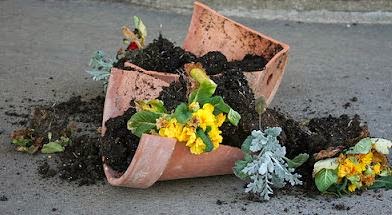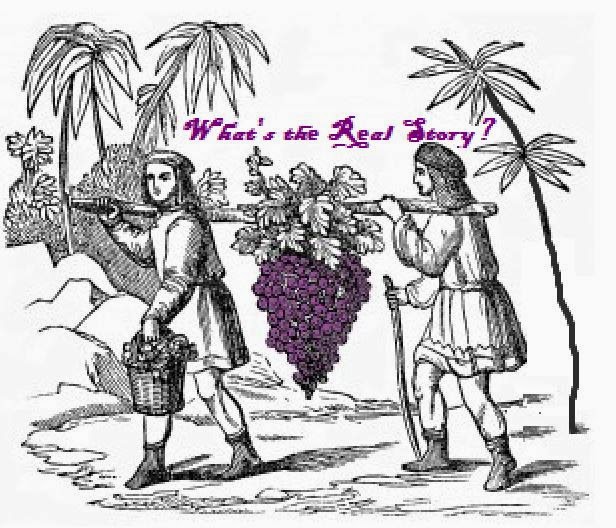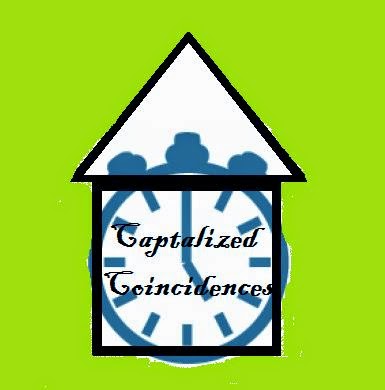Parshas Chukas - Parsha Stumpers and Something to Think About
פרשת חקת Parsha Stumpers and Something to Think About The Torah states that the Parah Adumah had to be perfectly red. The Meforshim explain that even two black or white hairs would disqualify it from being a valid Parah Adumah. Why is it that two hairs disqualify it? If it needs to be perfect, shouldn't even one hair disqualify? Who does the Parah Adumah? In our Parsha – Elazar the S'gan Kohen (Aharon's son) performed the avodah , but it seems that that was only because Aharon couldn't since he was involved in the eigel hazahav . So whose job is it l'doros (I.e- from that point on)? Was it always the job of the S'gan Kohen or was it the job of the Kohen Gadol himself? Why did Hashem ask Moshe to take his stick if he wasn't supposed to hit the rock? Aharon got reprimanded along with Moshe during the episode of the hitting the rock – what did Aharon do wrong?



